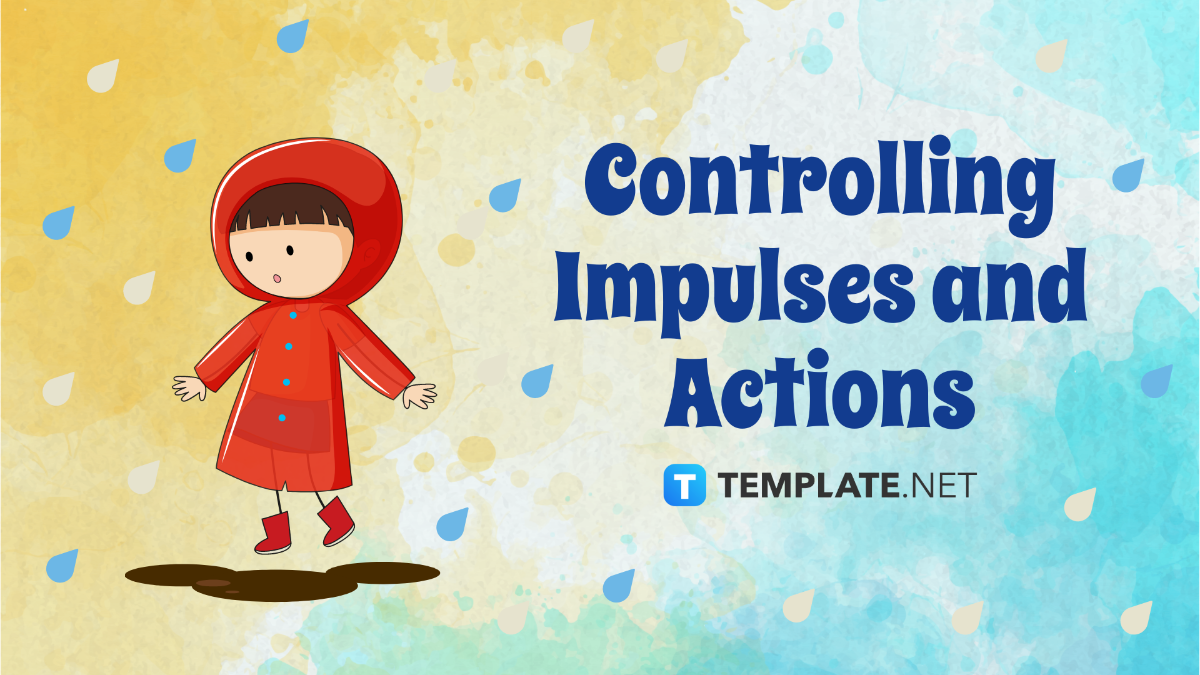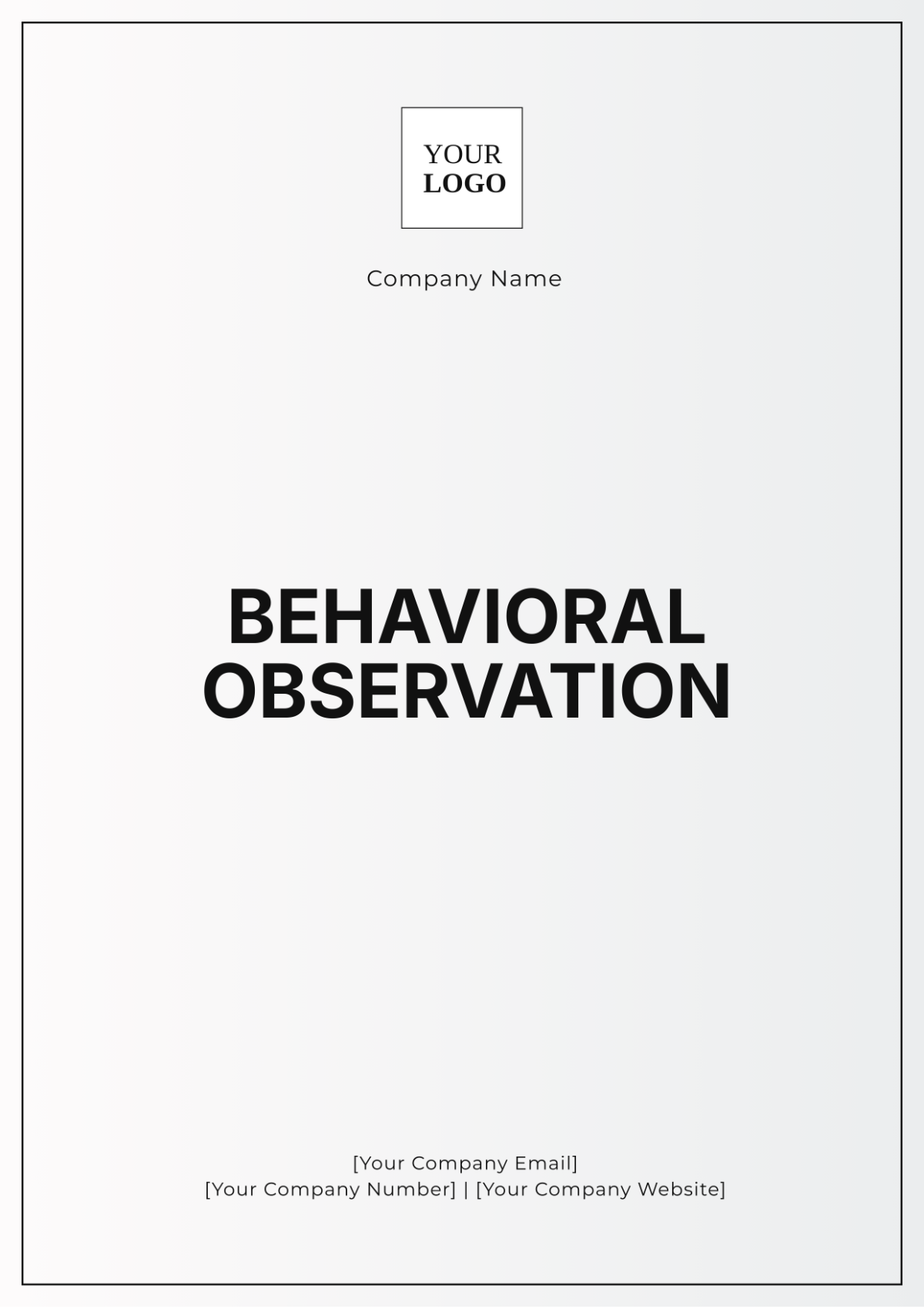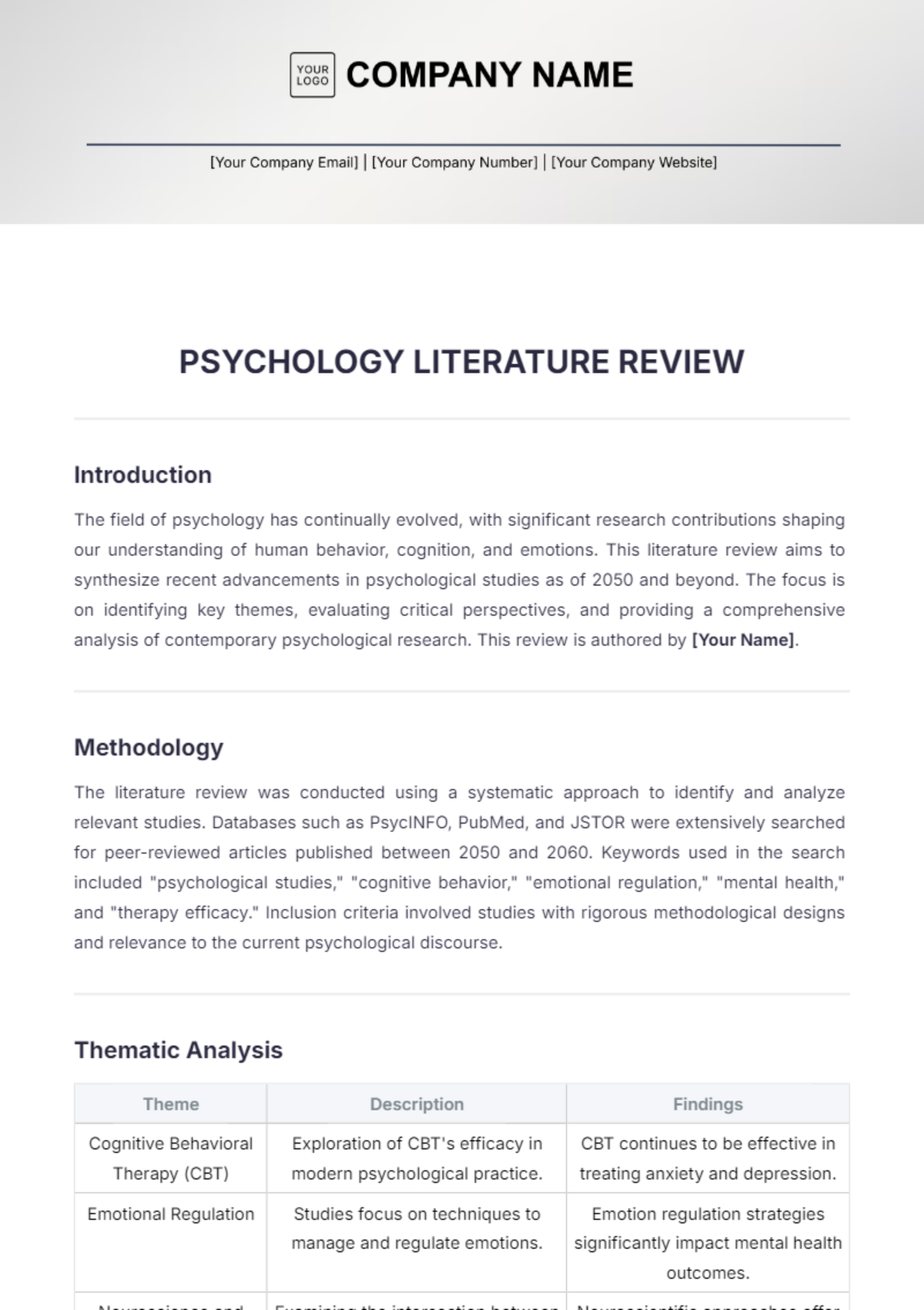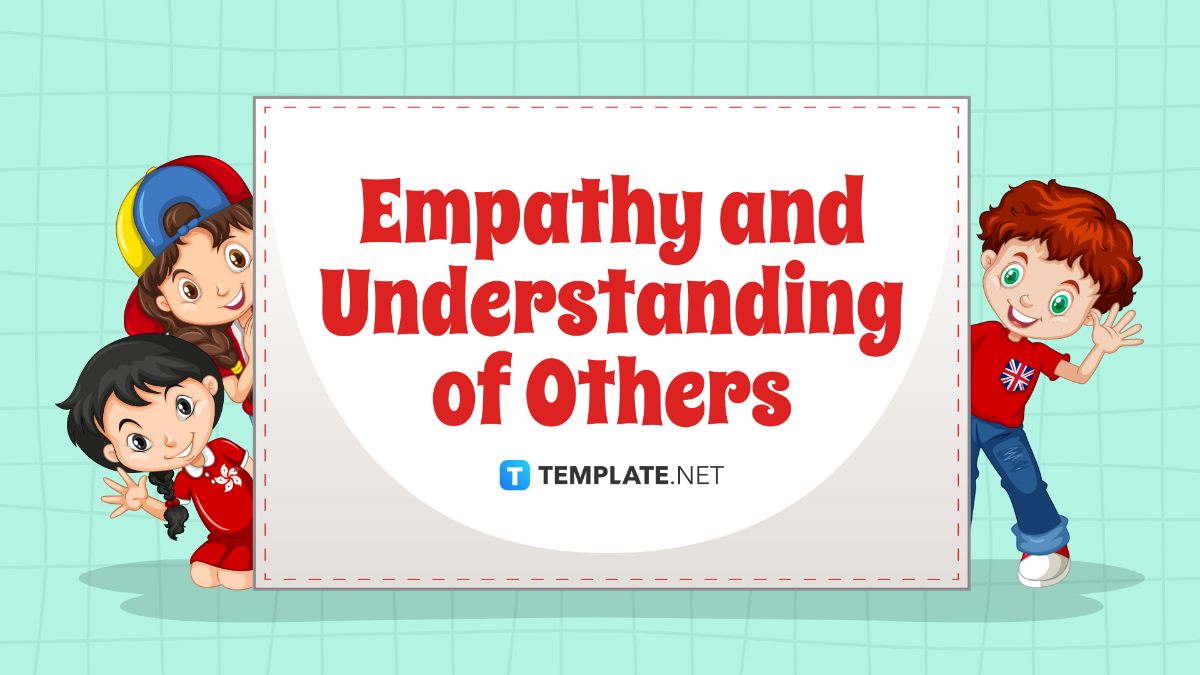Behavioral Observation
Introduction
Behavioral observation is a key research method used in psychology and other social sciences to understand and analyze human behaviors. This study method involves the systematic recording of observable behaviors, often in natural settings, to gather data that can be quantified and analyzed. Behavioral observation is crucial for developing theories, improving educational practices, and informing treatment strategies.
Types of Behavioral Observation
Naturalistic Observation: Observing behavior in its natural environment without any form of intervention.
Participant Observation: The researcher becomes part of the group being studied to gain deeper insights.
Structured Observation: Observation using a set of predefined criteria or coding scheme.
Unstructured Observation: Observing without a predetermined plan, allowing for more flexibility in capturing data.
Steps in Conducting Behavioral Observation
Define the objectives: Clearly identify what behaviors are to be studied and the goals of the observation.
Select the observation method: Choose the most appropriate observation method based on the research objectives.
Develop a coding scheme: Create a standardized system for recording behaviors to ensure consistency.
Train observers: Train individuals who will be conducting the observation to ensure reliability and validity.
Conduct observations: Gather data while minimizing observer interference.
Analyze data: Use statistical methods to analyze the collected data and draw conclusions.
Advantages of Behavioral Observation
Advantage | Description |
|---|---|
Ecological Validity | Observations are often conducted in natural settings, providing more accurate data about real-world behaviors. |
Direct Measurement | Allows for the direct recording of behavior without relying on self-reporting, which can be biased. |
Flexibility | Can be adapted for various settings and research questions. |
Challenges in Behavioral Observation
Observer Bias: The observer’s own beliefs and expectations may influence the recording of behaviors.
Reactivity: Individuals may alter their behavior if they are aware they are being observed.
Ethical Considerations: The need to balance data collection with the privacy rights of subjects.
Time-Consuming: Behavioral observation can be a time-intensive process, requiring significant resources.
Applications of Behavioral Observation
Educational Settings: Understanding student behavior to improve teaching strategies.
Clinical Psychology: Assessing and diagnosing behavioral disorders.
Workplace Behavior: Improving organizational practices and employee interactions.
Consumer Behavior: Studying consumer actions to refine marketing strategies.
Conclusion
Behavioral observation remains an indispensable tool in various fields of research. While it offers numerous advantages, such as high ecological validity and direct measurement, it also presents challenges like observer bias and ethical considerations. By following structured methodologies and being aware of these challenges, researchers can effectively use behavioral observation to glean valuable insights into human behavior.
References
Smith, J. A. (2052). Understanding behavioral research. New York, NY: Wiley.
Brown, K. T., & Green, P. L. (2056). Behavior Analysis. Journal of Experimental Psychology, 45(2), 123-134.
Thomas, L. M., & Roberts, G. E. (2058). Methods in Behavioral Observation. Boston, MA: McGraw Hill.







